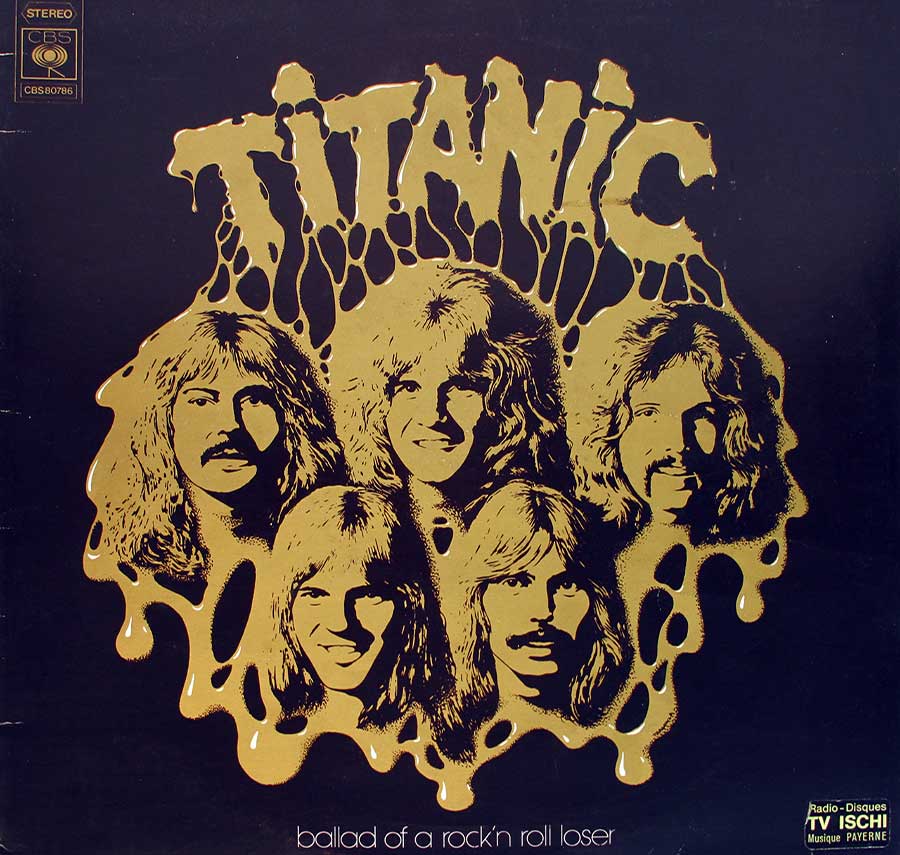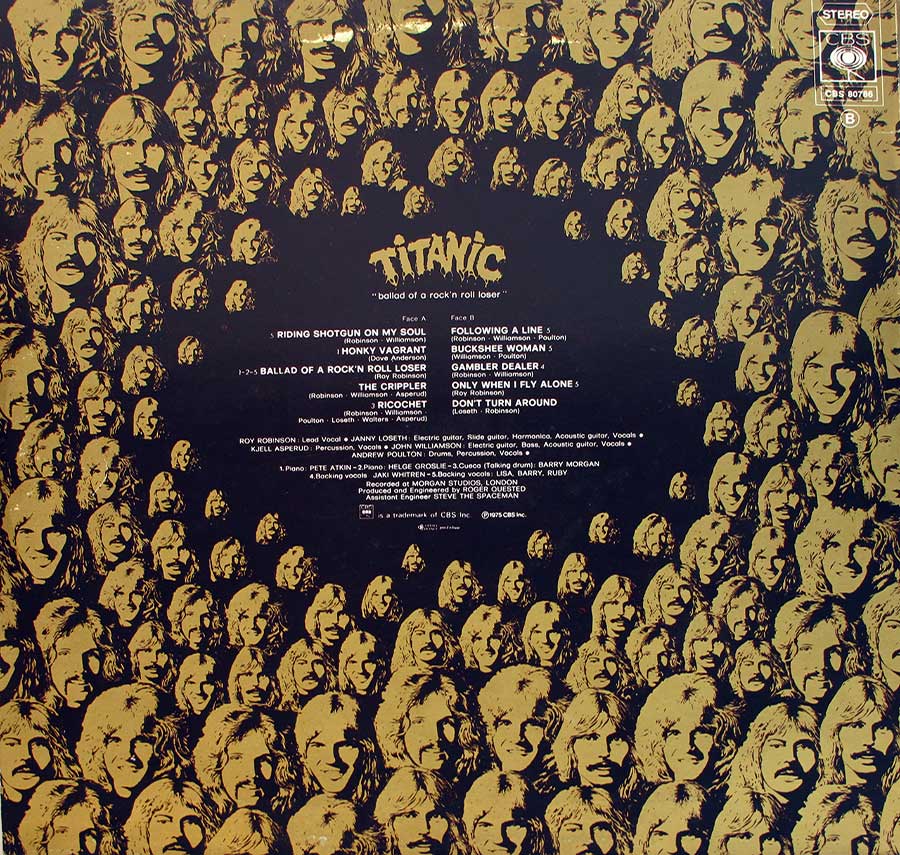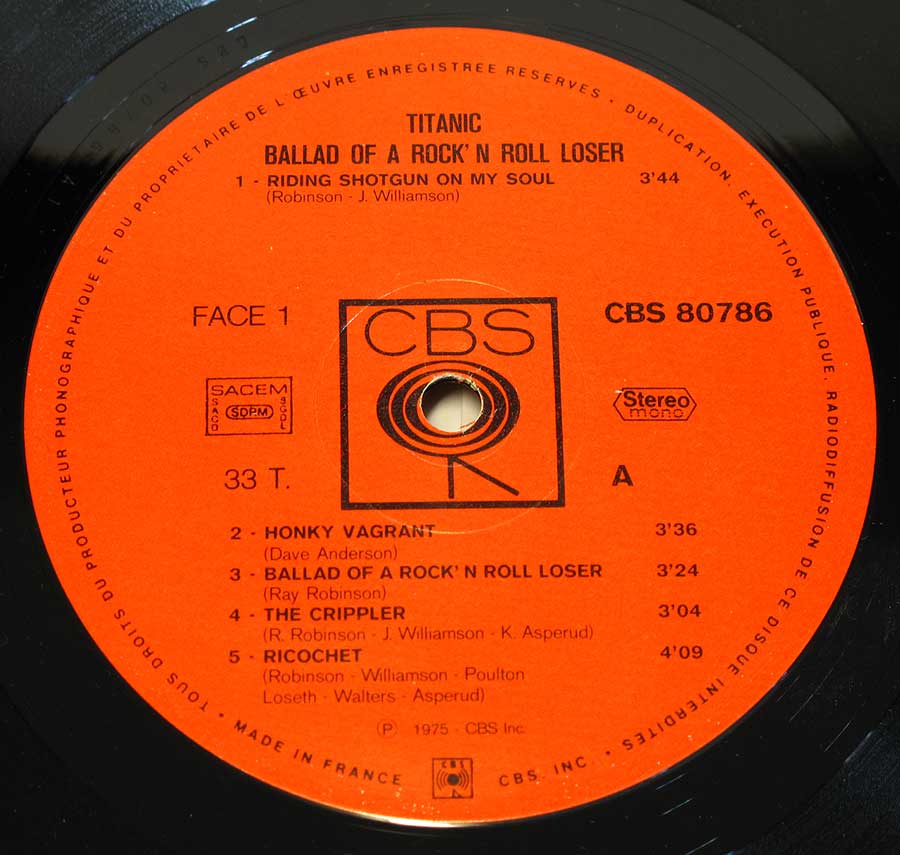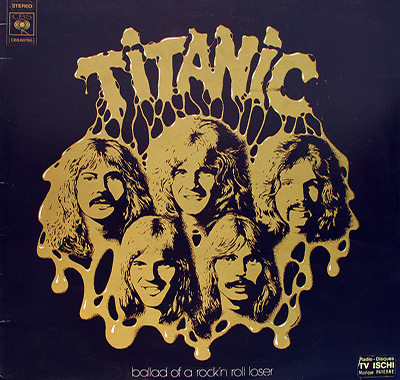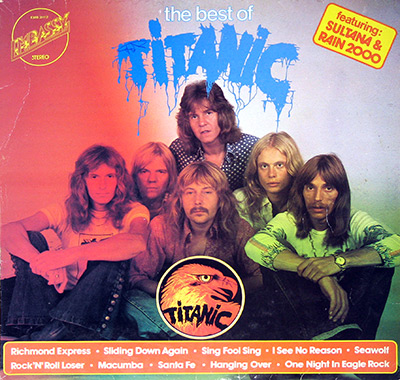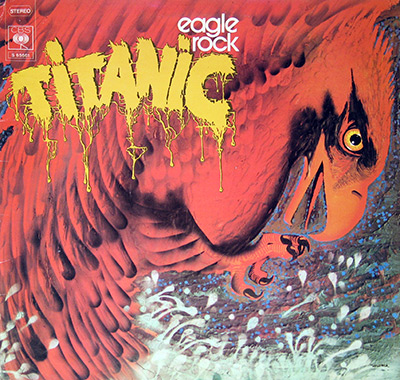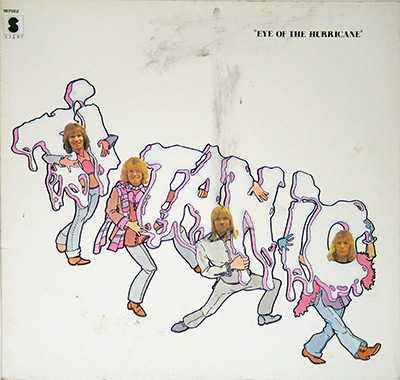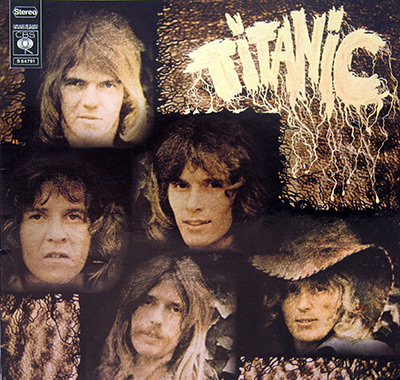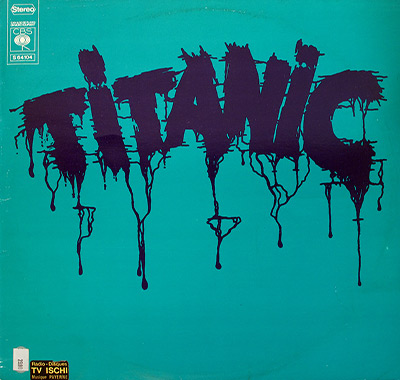In the mid-1970s, as the rock music scene continued to evolve and diversify, Norwegian band Titanic released their fifth studio album, "Ballad of a Rock 'n' Roll Loser." This 12" vinyl LP album, presented in a gatefold cover, marked a shift in the band's sound, embracing a more introspective and melodic approach.
A Time of Transition
Released in 1975, "Ballad of a Rock 'n' Roll Loser" emerged during a time of transition in the music industry. The raw energy of punk was challenging established norms, while disco was dominating the charts. Titanic, known for their hard rock and progressive elements, adapted to this changing landscape by exploring a more personal and emotional side of their music.
Musical Exploration
The album's title track, "Ballad of a Rock 'n' Roll Loser," set the tone with its melancholic melody, introspective lyrics, and Roy Robinson's emotive vocals. This shift towards a ballad style showcased a different facet of the band's musical capabilities. Other tracks like "Macumba" and "Rolling Stone" continued this exploration, incorporating elements of blues and folk into their rock sound.
The Creative Minds Behind the Music
"Ballad of a Rock 'n' Roll Loser" was a collaborative effort between Titanic and a team of talented producers and engineers. The album was recorded at the renowned Roger Arnhoff Studio in Oslo, a state-of-the-art facility that allowed the band to capture their music with clarity and precision.
The production team, consisting of Arve Sigvaldsen and Svein Rønning, played a crucial role in shaping the album's sound, ensuring that the band's emotional depth translated onto vinyl.
The musicians who brought "Ballad of a Rock 'n' Roll Loser" to life were the core members of Titanic. Roy Robinson's vocals, known for their power and range, took on a more nuanced and vulnerable tone. Janne Løseth's guitar work, while still retaining its signature energy, incorporated more melodic elements. Kjell Asperud on bass and Andrew Poulton on drums provided a steady and dynamic rhythm section.
